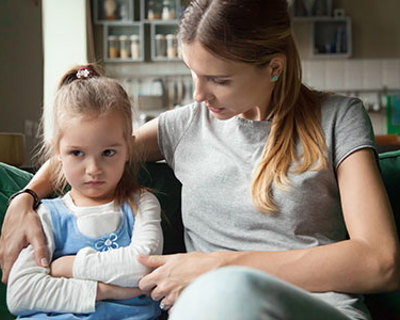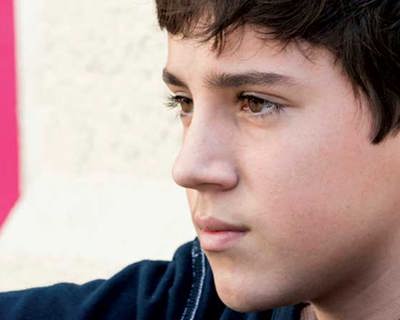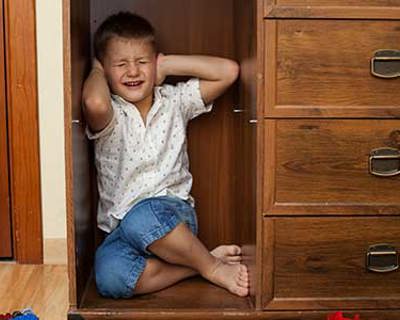When it comes to children, we’re used to thinking about ‘good behaviour’ or ‘bad behaviour’ and probably not much in between. But are these labels helpful? Can we look at it another way?
The way children behave is usually their way of trying to tell us something – “all behaviour is communication”. When something happens to change their emotions, children respond and communicate through their behaviour, being upset, being angry, being sad or taking risks.
What should parents respond to – behaviour or feelings?
Children and young people are still developing – they don’t have adult brains or bodies, so need help to understand and manage their emotions.
You’ve probably heard your parents or grandparents say “they’re just attention seeking” or “they’re being difficult”. But there’s usually more to it than this.
We often ask people who contact Children First Support line: “What is your child trying to tell you when they’re acting like that?” Looked at this way, unwanted behaviour is usually about a child needing something – or their way of trying to work out how to manage something.
From a toddler’s need for comfort to a teenager’s conflicting desires for independence and security, testing behaviour is common and is often set off by everyday experiences rather than big events.
Why adults' responses are so important
As adults we can tend to ‘blame’ the child: “If only they would behave…if only they would do as they’re told…” This is why being a parent is so testing – we always have to be the adult in the room!
It’s not easy to shift from seeing things in terms of right and wrong – the adult correcting the child’s behaviour. It can feel really uncomfortable to admit we have a role to play in our child’s behaviour – and that means doing something about ourselves.
No matter how much we try, or how much we wish: it’s easier to change someone else’s behaviour by first changing our own.
This doesn’t mean we have to accept unwanted behaviour, and it’s certainly not to say that we don’t challenge it. Children, despite what they say, thrive on boundaries and consistency. Putting all this stuff into practice can be hugely difficult, and we don’t always get it right.
Usually by changing your reactions, and taking little steps like pausing to listen and find out what’s going on for your children, you start to influence their behaviour too.
Children need loving, calm and secure relationships from the people closest to them. And we build this through our own behaviour being calm, loving and consistent. It takes work but it pays off. In the long term, your child will be happier (and so will you).
If you live in England please contact Family Lives for further support.



